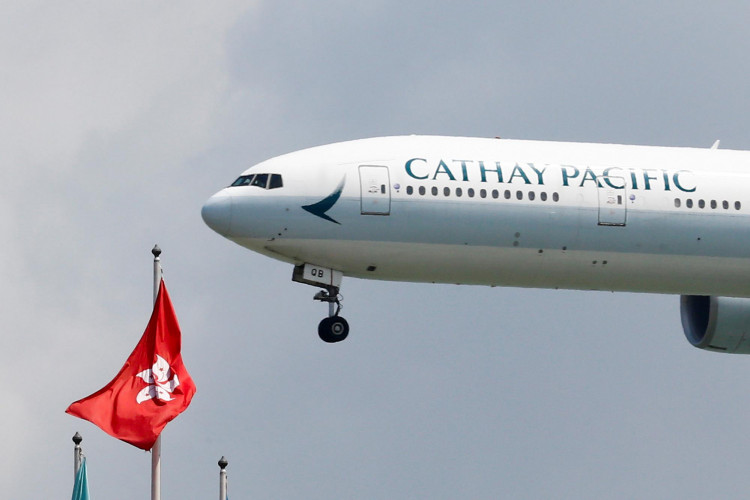Cathay Pacific Airways disclosed that it expects to repay the Hong Kong government for $2.52 billion of preference shares in the next three to five years.
The shares are part of a $5 billion stimulus program that was made public early Tuesday to help the group sustain operations in the midst of a global health crisis, which the International Air Transport Association projects will cost the aviation sector a whopping $84 billion this year.
The repayment process carries a coupon rate of 3 percent for the first three years under the terms of the condition, increasing to 5 percent in the fourth year, 7 percent in the fifth year and 9 percent in the sixth year, giving Cathay an incentive to redeem them.
Shares of the airline were nearly unchanged after rallying the most during early morning sessions on news of its $5 billion emergency rescue package since 2008.
Stakeholders stated the 19 percent pre-market move was behind a scramble to settle short positions, which were down almost as quickly as the regular trading started. Sessions in Cathay Pacific was halted Tuesday prior to a recapitalization disclosure that includes releasing preferential shares, warrants, and an extension of a bridge loan.
The struggling carrier will unload HK$19.5 billion of preference shares along with HK$1.95 billion of warrants to the Hong Kong government.
Cathay also proposed a rights issue under the terms of seven rights shares for each 11 existing shares held to secure around HK$11.7 billion, it divulged in a statement to the Hong Kong Stock Exchange late Tuesday. A government-linked group called Aviation 2020 Ltd is also offering a HK$7.8 billion bridge loan, Cathay revealed.
The Hong Kong government could earn a 6 percent stake in Cathay Pacific through HK$1.95 billion of warrants convertible to shares. Finance Secretary Paul Chan on Tuesday stated it was not the government's plan to become a long-term stakeholder in Cathay Pacific.
Swire, which has a 45 percent stake in Cathay, has agreed to remain a controlling stockholder for as long as the Hong Kong government owns preference shares or any amount of a HK$7.8 billion bridging loan remains outstanding.
Daiwa analyst Kelvin Lau disclosed to clients that he anticipated Cathay's share price to come be subjected to pressure as a result of the potential 43 percent dilution from the recapitalization program.
Meanwhile, Cathay has fallen 23 percent for 2020, just slightly outperforming a Bloomberg gauge of Asia Pacific carriers, which fell 25 percent after the coronavirus pandemic ravaged global travel demand.





